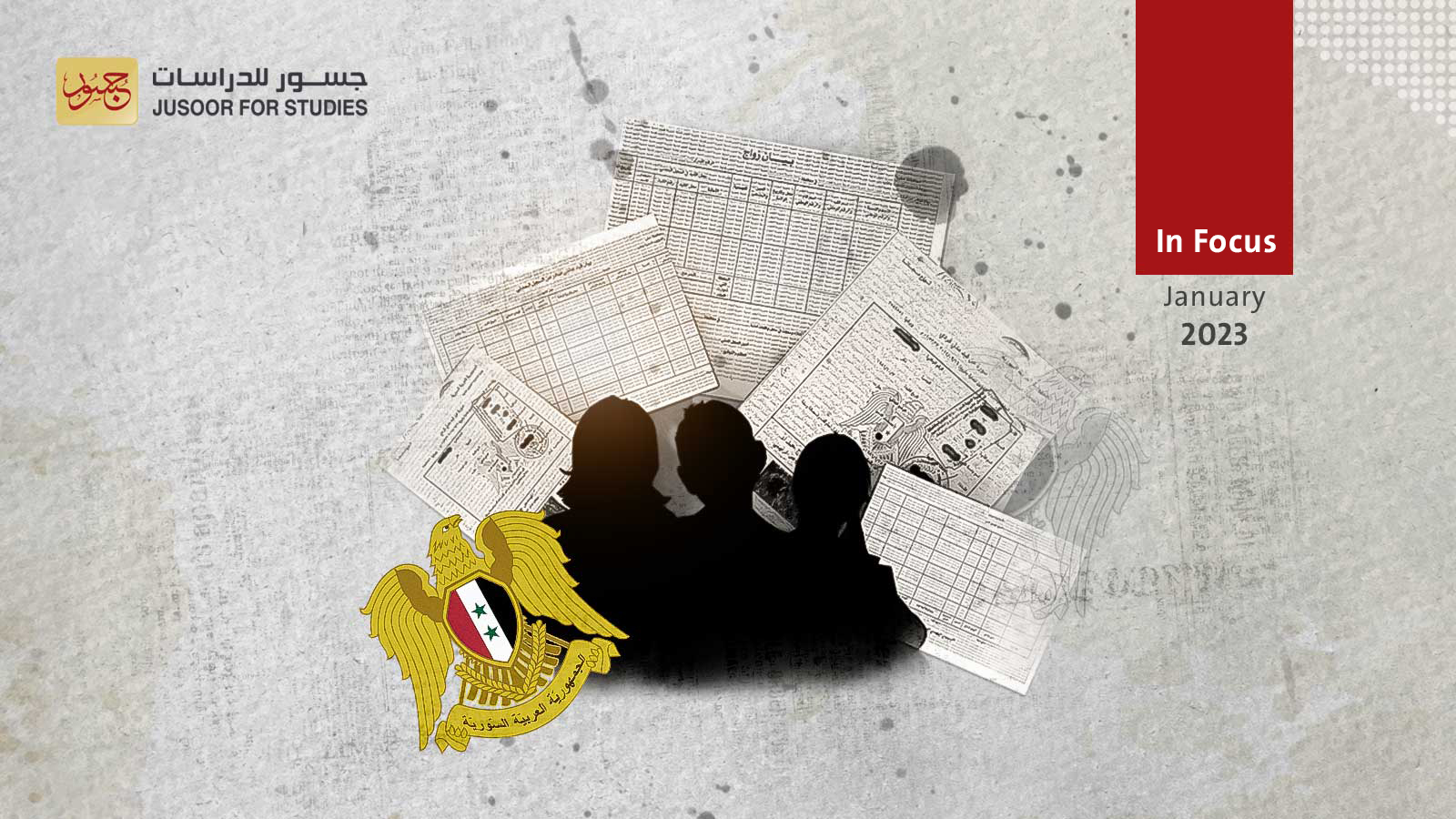Why did Bashar al-Assad issue a new decree for children of unknown parentage?
On January 14, 2023, the Head of the Syrian regime issued Decree No. 2 of 2023 regarding that regulates the affairs of the children of unknown parentage.
The decree consists of 54 articles divided into 9 chapters that include a definition of the terms contained therein, its objectives and scope of application, in addition to regulating the procedures for finding and registering a child of unknown parentage. The articles of the decree include the establishment of an organization to regulate the affairs of children of unknown parentage, called “Boyout Lahen Alhayat” House of of Life Tune.” Moreover, some articles of the decree regulate the relationship of the children of unknown parentage to the above-mentioned organization. It also contains articles for placing a child of unknown parentage in an alternative family.
In practice, the decree did not bring anything new in terms of content, except for making the authority concerned with following up the affairs of children of unknown parentage financially and administratively independent. Accordingly, the regime could achieve two objectives of the decree:
• Achieving gains from early recovery project funds through the introduction of new social institutions to suck funds and sums from local, international and regional organizations. This contributes to the introduction of foreign currencies, given that all donations that come to such organizations paid by individuals or institutions in US dollars and other hard currencies, which, in turn, provides the regime with the necessary foreign exchange to support its imports of foodstuffs, weapons, or fuel.
• To shift the social burden to the institutions of the international community to shoulder instead of the regime, especially with the latter’s tendency to expand social activities in the areas under its control, while it is still working on providing services and employment to those affected by the military operations it waged as a top priority.
Originally, Syrian law previously regulated the issue of children of unknown parentage through several laws, most notably the Foundlings Care Law promulgated by Legislative Decree No. 107 of 1970, Article 26 of the Civil Status Law issued in 2007 that regulated the procedures that follow the finding of a child of unknown parentage, Legislative Decree No. 69 of 2012, which authorized giving a child of unknown parentage to an alternative family to raise, Legislative Decree No. 70 of 2012, which amended the word foundling to become of unknown parentage, Ministry of Social Affairs Resolution No. 788 of 2013, which stipulated the conditions for joining families of children of unknown parentage, and finally, Article 29 of the Civil Status Law issued in 2021, which repealed the previous Civil Status Law. Consequently, the current decree is a compilation of the above-mentioned ones.
However, it is noted that the new decree was issued by Bashar al-Assad one day before the convening of the sessions of the People's Assembly, which is the authorized institution to legislate laws, while the president's power to legislate laws is considered a reserve one could be exercised outside the times of the People's Assembly due to necessities affecting the national security of the country. This can be explained by the prevailing custom in Syria, where positive decisions are issued by the Presidency of the Republic through decrees, such as salary increases and amnesty, while tax increases and controversial laws are left to the People's Assembly. Such a reality sends a message to the internal and external stakeholders alike that the president constitutes a positive situation in Syria that is different from the rest of the state institutions.
In conclusion, the decrees issued by the regime still aim to improve and polish its media image before the international community and to circumvent Western sanctions, giving the cold shoulder to the matter of providing services or caring for society.








